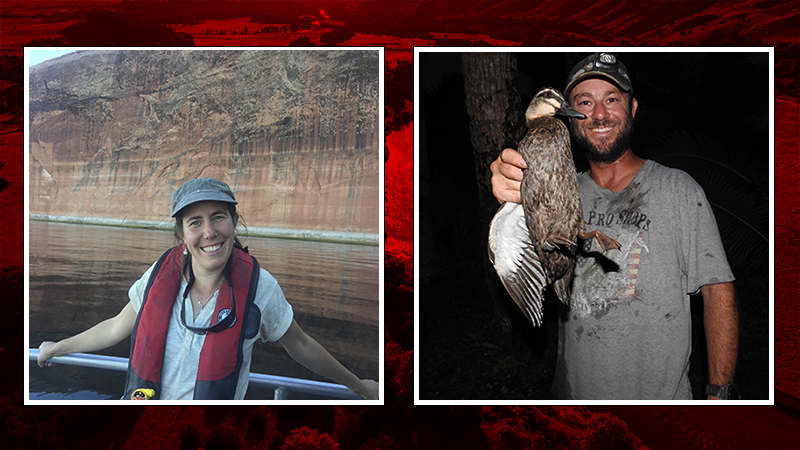
The final fall seminar for SNR will be November 16 at 3:30 in 107 Hardin Hall
Manhandling mallards: The conservation paradox of feral populations and the meaning of wild] will be presented by Philip Lavretsky, Associate Professor, Biological Sciences | University of Texas at El Paso
An increasing human footprint is forcing scientists to re-evaluate the value systems of general conservation biology. In addition to climate- and human-induced ecological changes, the translocation of individuals around the world is leading to rising incidences of anthropogenic hybridization, particularly between domestic and wild congeners. Applying a landscape genomics approach for thousands of samples across continental and island mallard populations, we establish that a single domestic game-farm mallard breed is the source for contemporary release programs in Eurasia and North America, as well as for established feral populations in New Zealand and Hawaii. In particular, central Europe and eastern North America were identified as epicenters of ongoing anthropogenic hybridization, demonstrating how the continued releases of millions of game-farm mallards are affecting the genetic integrity of wild mallards. Furthermore, Holarctic wild populations and self-sustaining feral populations in New Zealand show signatures of local adaptation. Together, these results demonstrate that ’wild’ is not singular, and that even feral populations are capable of quickly responding and adapting to natural processes.
The November 9, 2022 seminar - "Dams and drought: how Lake Powell and the southwest mega-drought have fundamentally altered downstream nutrient dynamics" will be presented by Bridget Deemer, Research Ecologist , US Geological Survey Southwest Biological Science Center will be postponed until Spring 2023.
Previous seminars that were recorded can be found on the Seminar & Discussion webpage
More details at: https://snr.unl.edu/aboutus/when/seminars.aspx